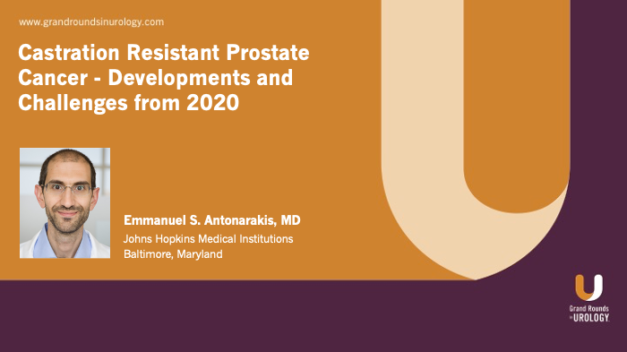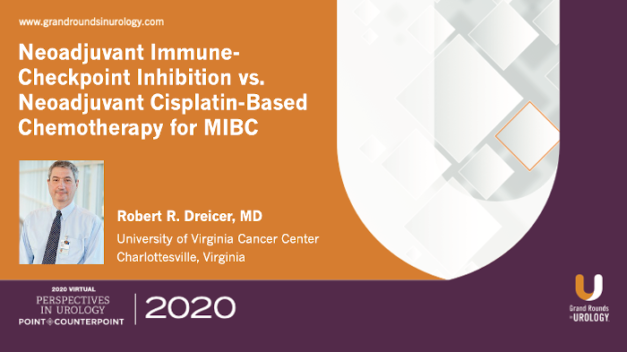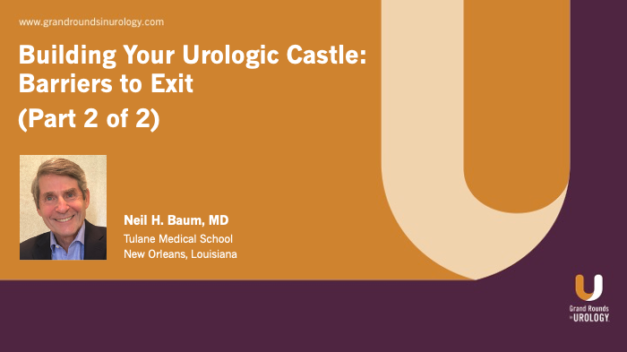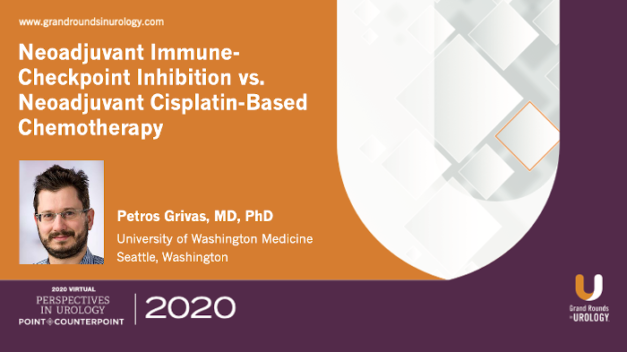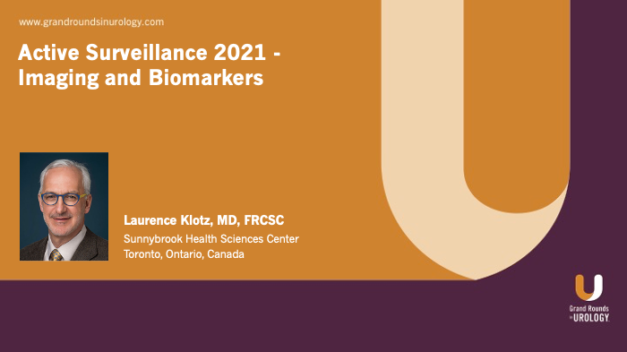Castration Resistant Prostate Cancer – Developments and Challenges from 2020
In this Platinum Lecture, Emmanuel S. Antonarakis, MD, Professor of Oncology and Urology as well as Director of Prostate Cancer Medical Oncology Research and the Co-Director of the Prostate Cancer Multidisciplinary Clinic at the Johns Hopkins Sidney Kimmel Comprehensive Cancer Center, summarizes developments from 2020 in mutation-targeted treatments for metastatic castration-resistant prostate cancer (mCRPC). He considers the successes of PARP inhibitors, especially for patients with the BRCA2 mutation, and the limitations of PD1 inhibitors. Dr. Antonarakis concludes by looking at promising research into B7-H3 and PSMA.
Read More
